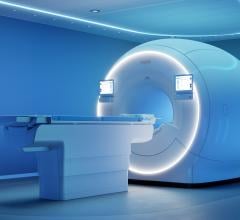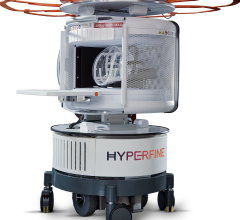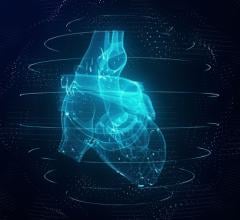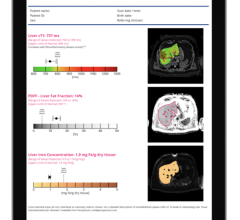Diagnosoft, Inc. has received FDA approval for its HARP software that assists physicians in the analysis of magnetic resonance (MR) images by providing quantitative measurements and visualization of regional heart function.
Developed at and licensed from Johns Hopkins University, the technology is the first FDA approved software designed for the analysis of tagged MR images.
"Robust image analysis methods applied to so-called "tagged" MR images provide cardiologists and radiologists with a powerful tool for the measurement and visualization of cardiac muscle performance -- that is, regional cardiac function -- at a level that has not been possible before," said Dr. Jerry Prince, PhD, Diagnosoft founder and professor at JHU. "Radiologists have been limited to the visual analysis of MR images in order to detect weaknesses or abnormalities in the heart muscles. With the Diagnosoft HARP software, images can now be automatically analyzed to reveal a quantitative measure of function and these measures can be visualized on a standard map designed to help physicians correlate abnormalities with coronary arteries that could be blocked."
Diagnosoft HARP is now cleared for clinical applications and can be used by radiologists, cardiologists, and pharmaceutical companies in assisting the diagnosis, staging and monitoring heart disease as well as in the development of new therapies. The company begins selling HARP version 1.1 this month.
Drs. Nael Osman and Jerry Prince, both founders of Diagnosoft, developed the HARP algorithm at Johns Hopkins University, where they are both currently on the faculty and experts in medical image analysis. Dr. Matthias Stuber, also a founder and faculty member at JHU, brings additional expertise in MR imaging to the company.
For more information visit www.diagnosoft.com.


 January 21, 2026
January 21, 2026 








